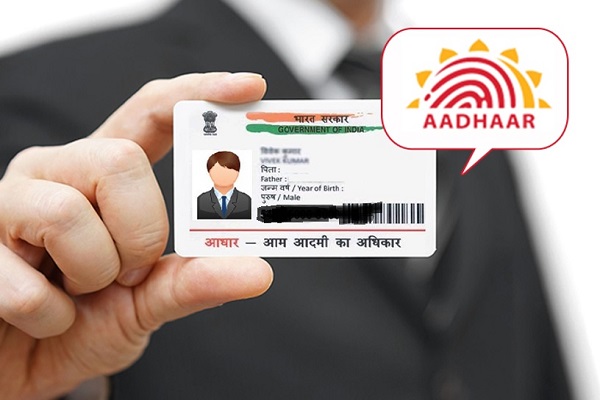In a major move aimed at making Aadhaar making people friendly, the Union Cabinet, chaired by the Prime Minister Narendra Modi has approved “The Aadhaar and Other Laws (Amendment) Bill, 2019” to replace the Aadhaar and Other Laws (Amendment) Ordinance, 2019. The amendments proposed are the same as those contained in the Ordinance promulgated by President on 2nd March, 2019. The Bill will be introduced in ensuing session of Parliament.
(Also read: NEFT and RTGS charges will be waived from 1 July 2019)
Impact:
- The decision would enable UIDAI to have a more robust mechanism to serve the public interest and restrain the misuse of Aadhar.
- Subsequent to this amendment, no individual shall be compelled to provide proof of possession of Aadhaar number or undergo authentication for the purpose of establishing his identity unless it is so provided by a law made by Parliament.
- For the convenience of general public in opening of bank accounts, the proposed amendments would allow the use of Aadhaar number for authentication on voluntary basis as acceptable KYC document under the Telegraph Act, 1885 and the Prevention of Money Laundering Act, 2002.
(Also read: Transition plan to the New GST Return)
Salient features of the amendments:
- Provides for voluntary use of Aadhaar number in physical or electronic form by authentication or offline verification with the consent of Aadhaar number holder;
- Provides for use of twelve-digit Aadhaar number and its alternative virtual identity to conceal the actual Aadhaar number of an individual;
- Gives an option to children who are Aadhaar number holders to cancel their Aadhaar number on attaining the age of eighteen years;
- Permits the entities to perform authentication only when they are compliant with the standards of privacy and security specified by the Authority; and the authentication is permitted under any law made by Parliament or is prescribed to be in the interest of State by the Central Government;
- Allows the use of Aadhaar number for authentication on voluntary basis as acceptable KYC document under the Telegraph Act, 1885 and the Prevention of Money-laundering Act, 2002;
- Proposes deletion of section 57 of the Aadhaar Act relating to use of Aadhaar by private entities;
- Prevents denial of services for refusing to, or being unable to, undergo authentication;
- Provides for establishment of Unique Identification Authority of India Fund;
- Provides for civil penalties, its adjudication, appeal thereof in regard to violations of Aadhaar Act and provisions by entities in the Aadhaar ecosystem.
(Also read: Signature of parents on CBSE Class X Marksheet cum Certificate for declaration of correct information)
(Also read: GST Revenue collection for May, 2019)
Disclaimer: The above post includes some content used from PIB India website and executed on this website for fair use only. As this website is of educational nature, hence the content is used for education and awareness to the public.

